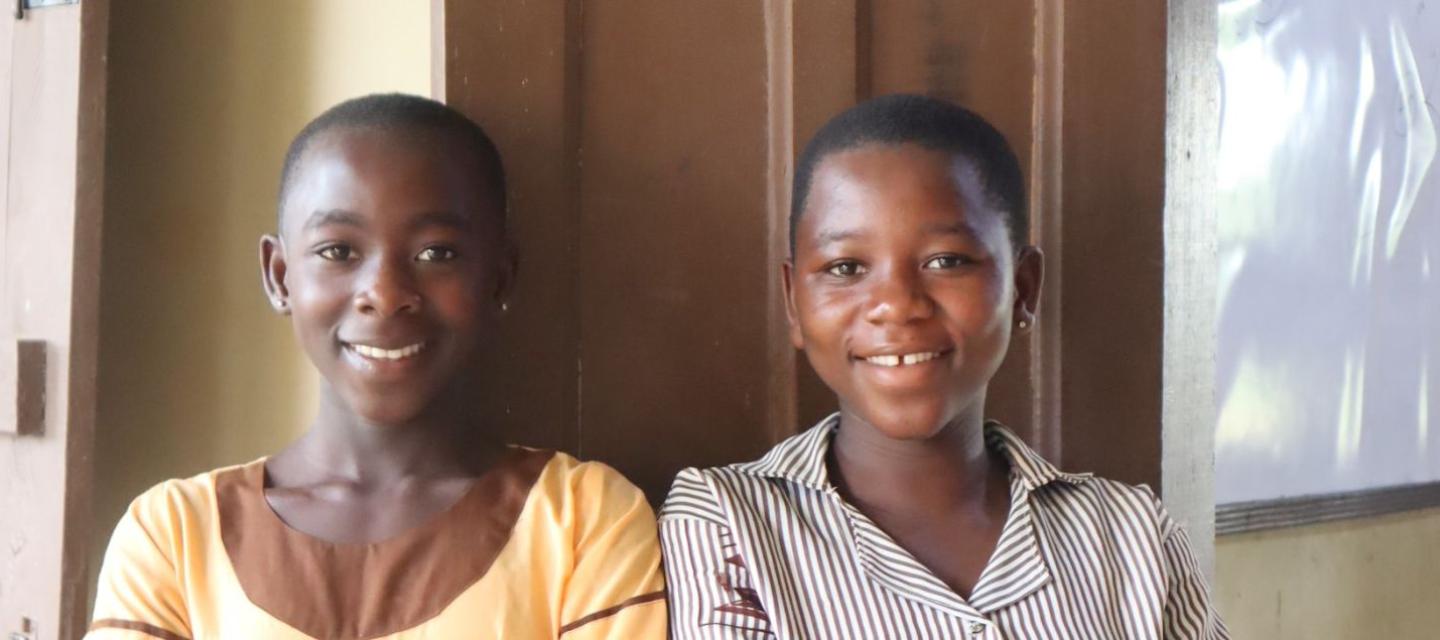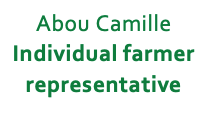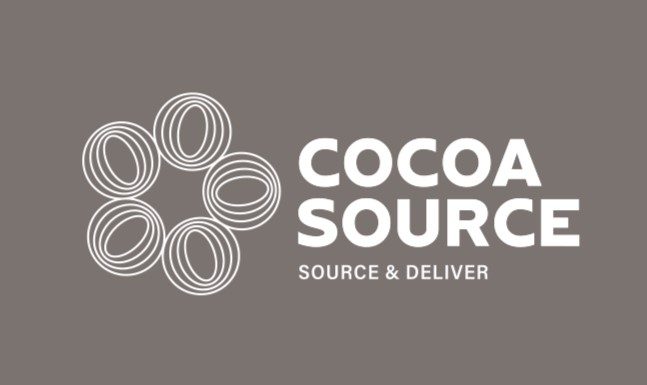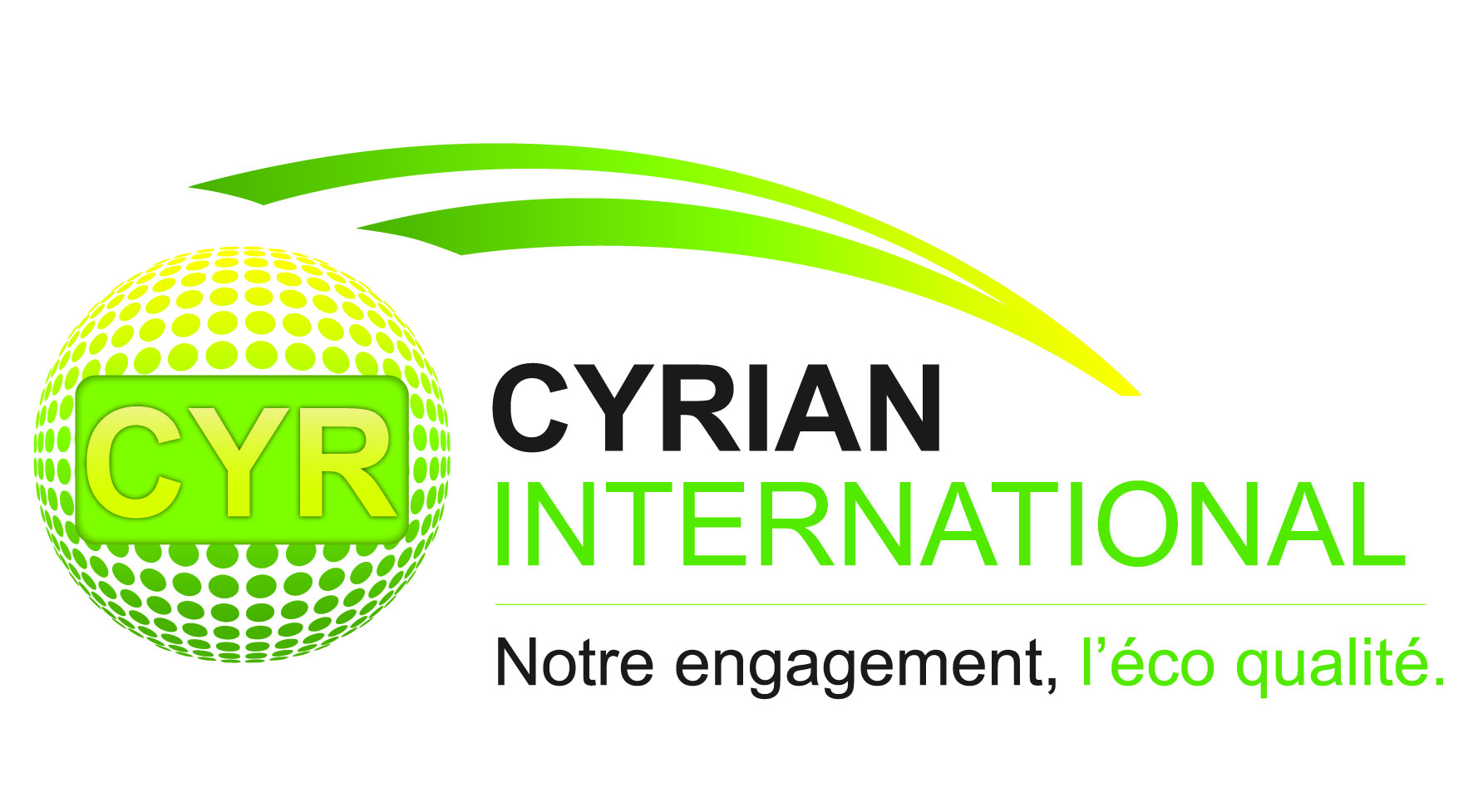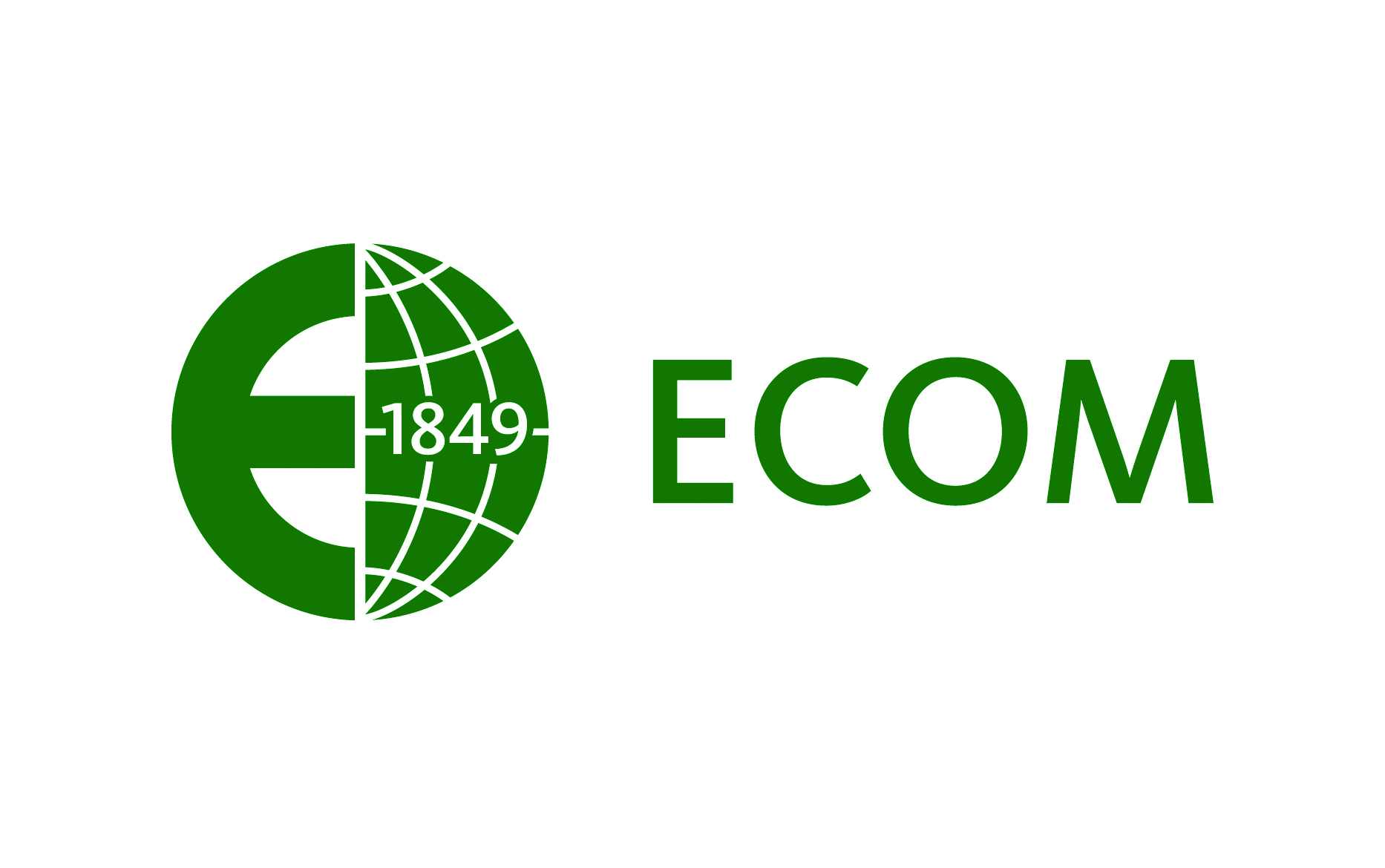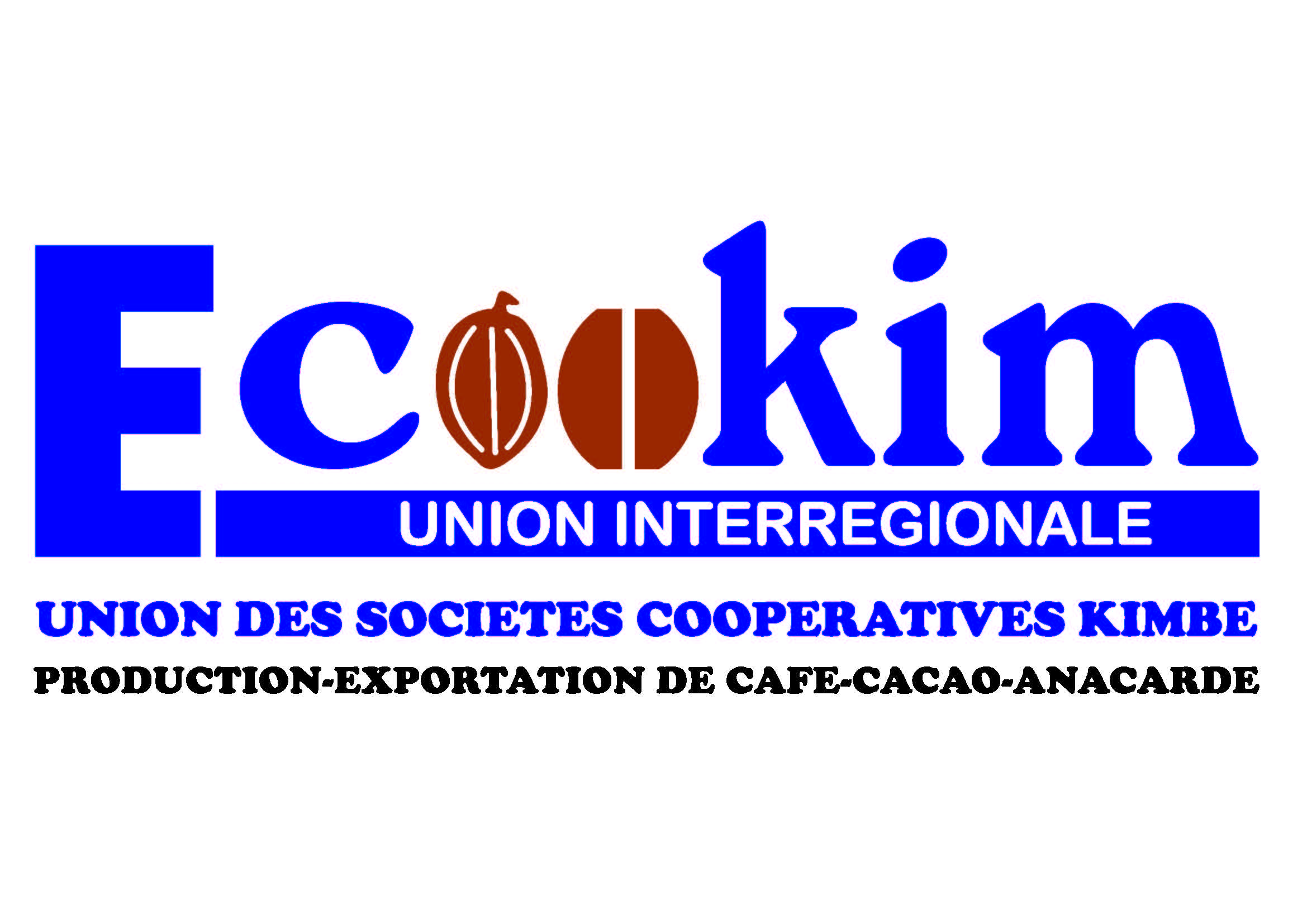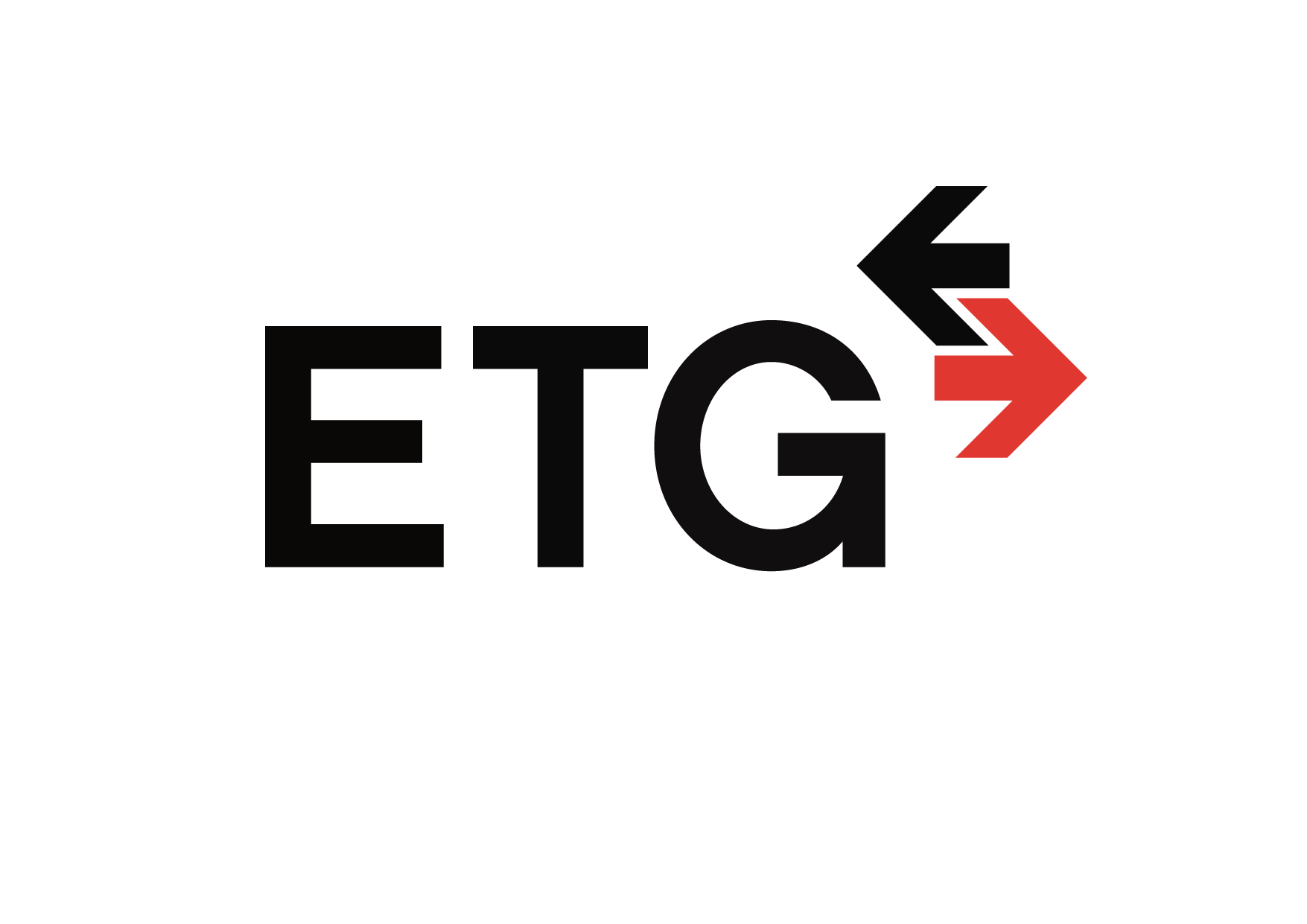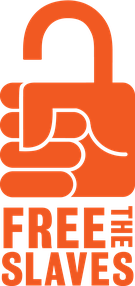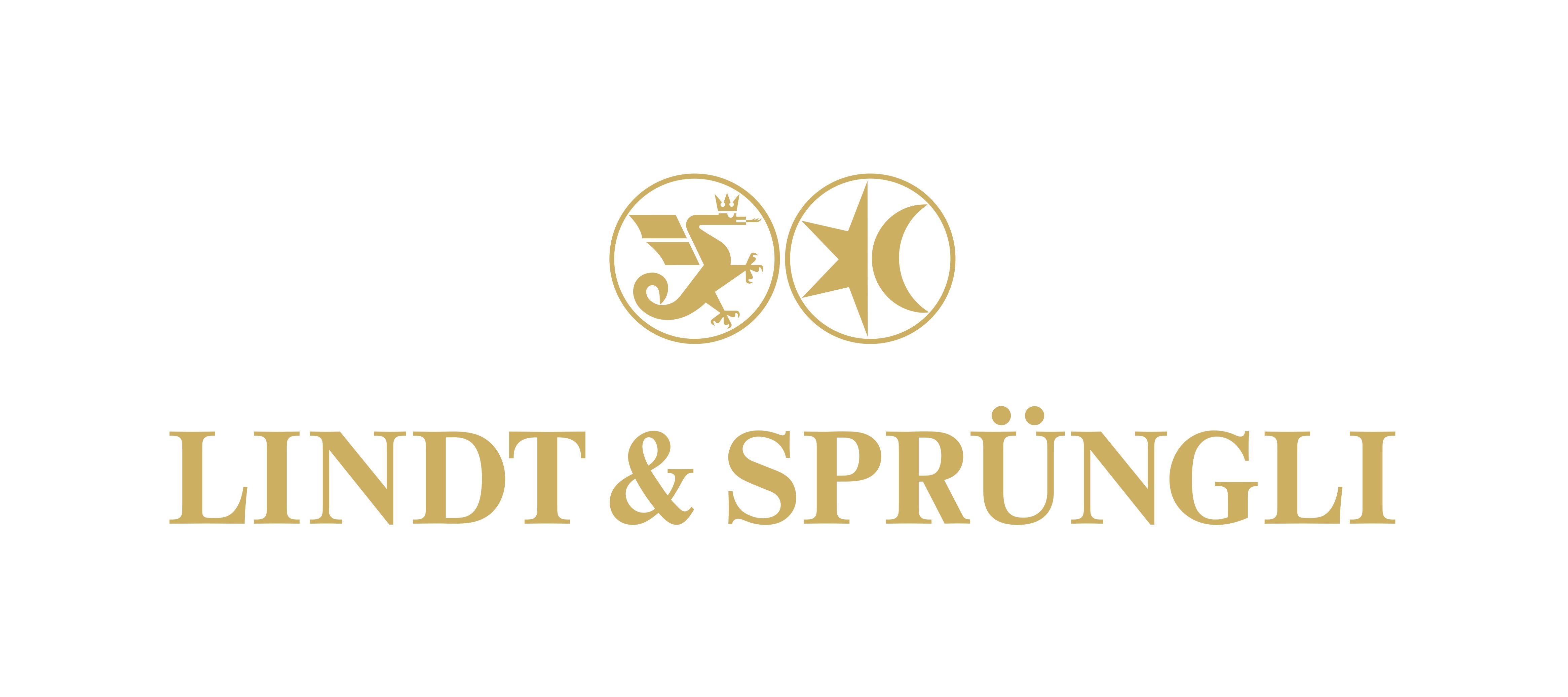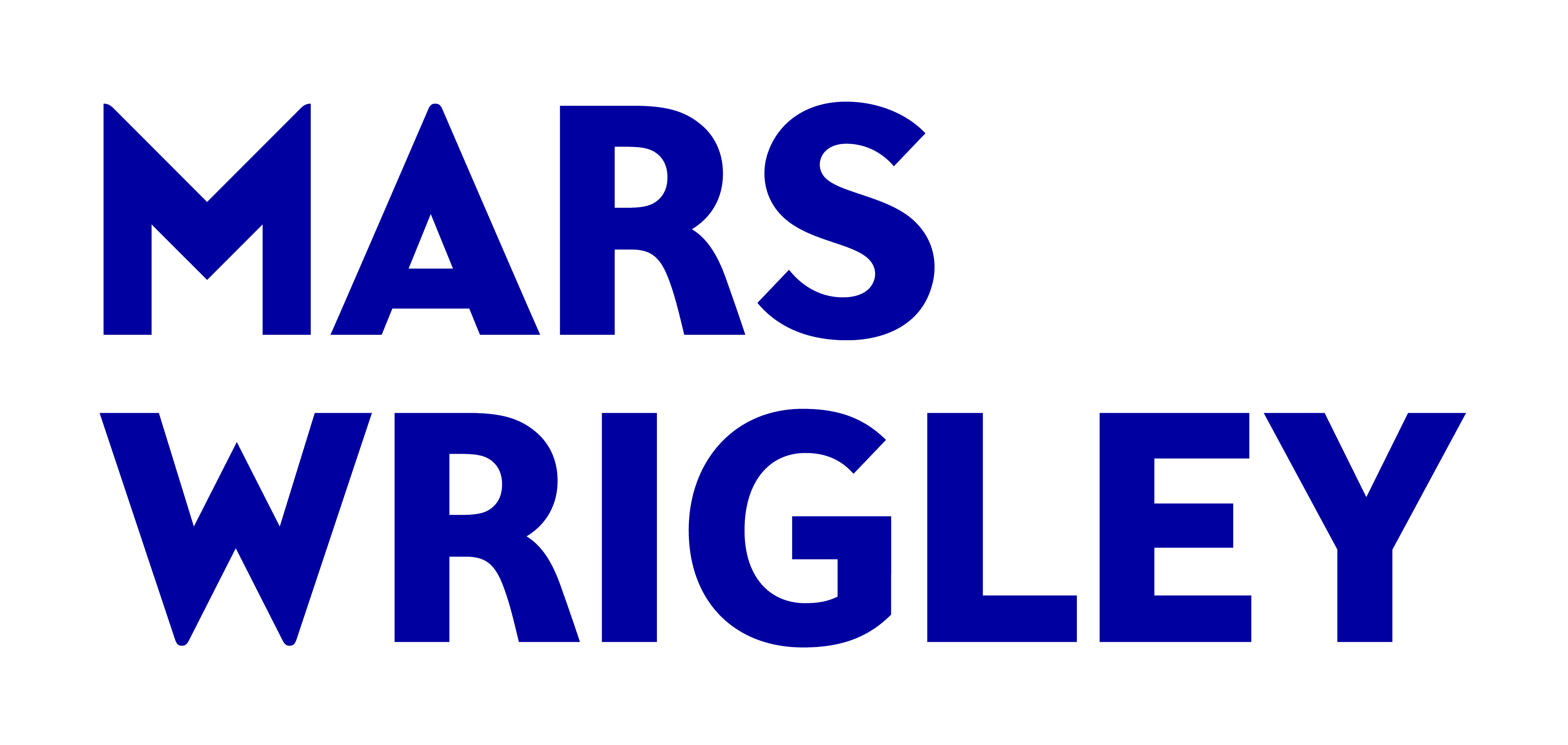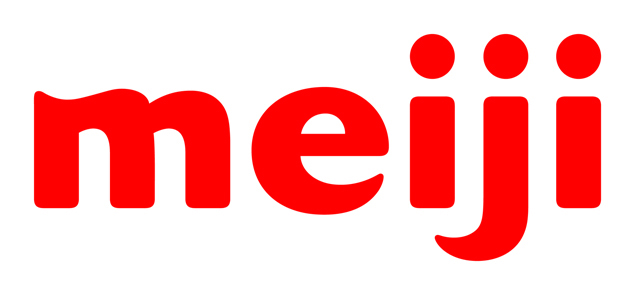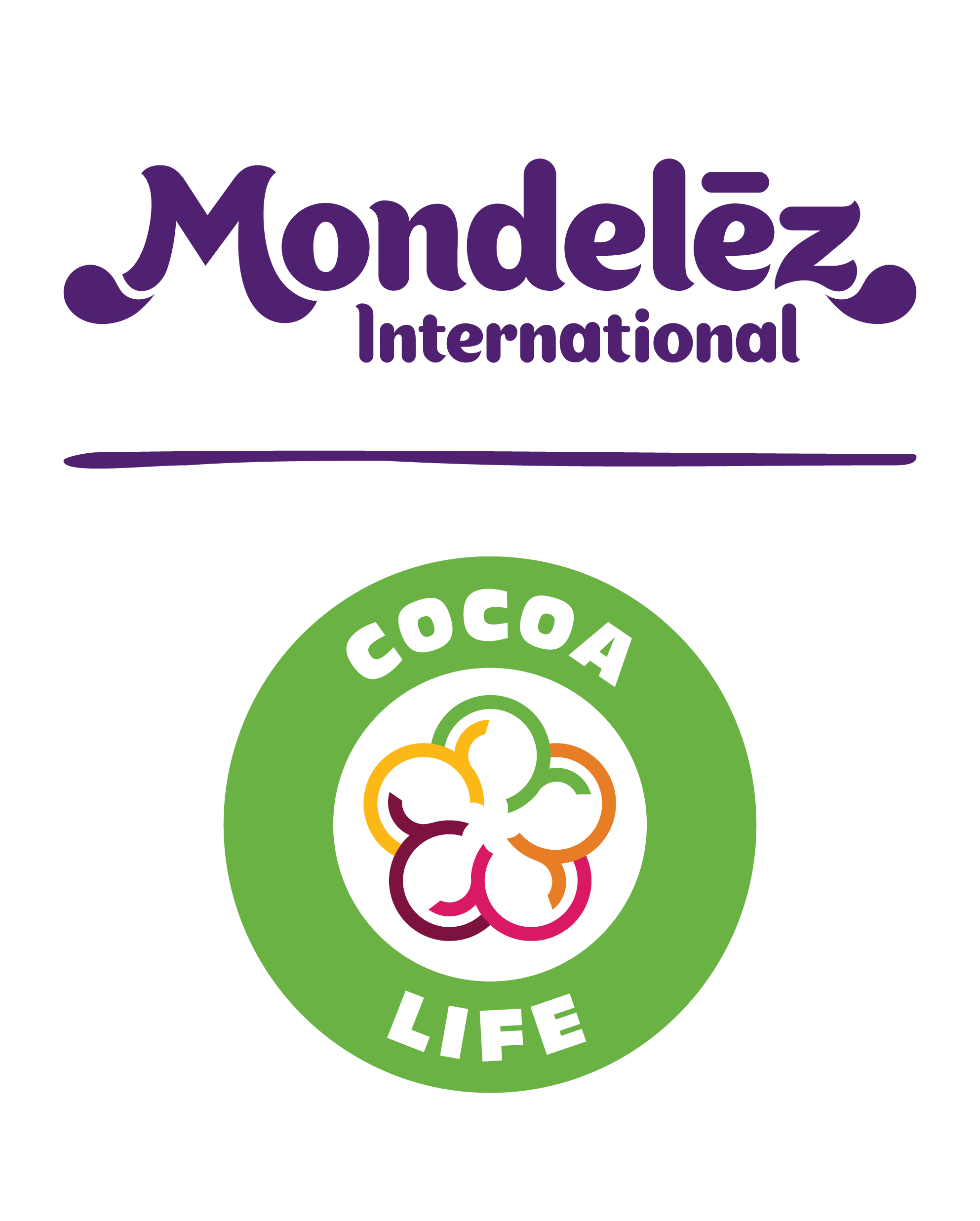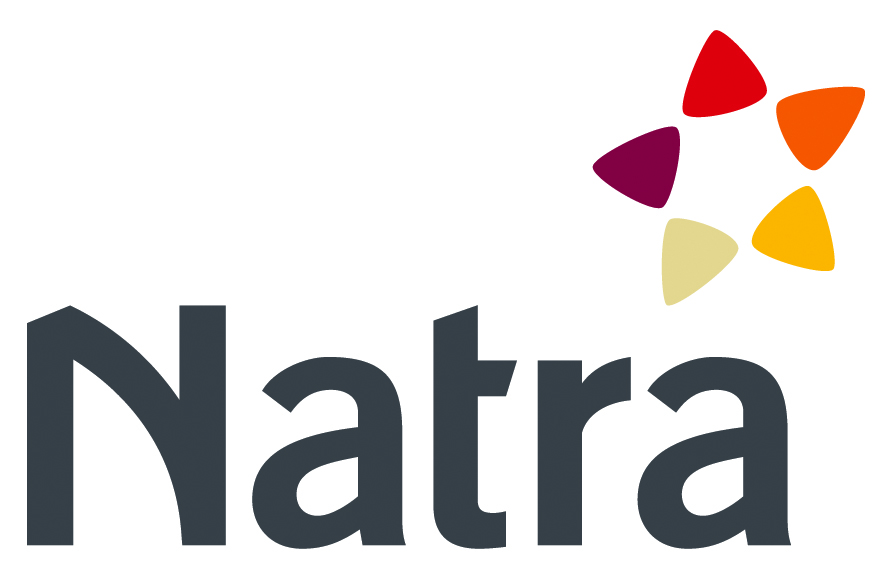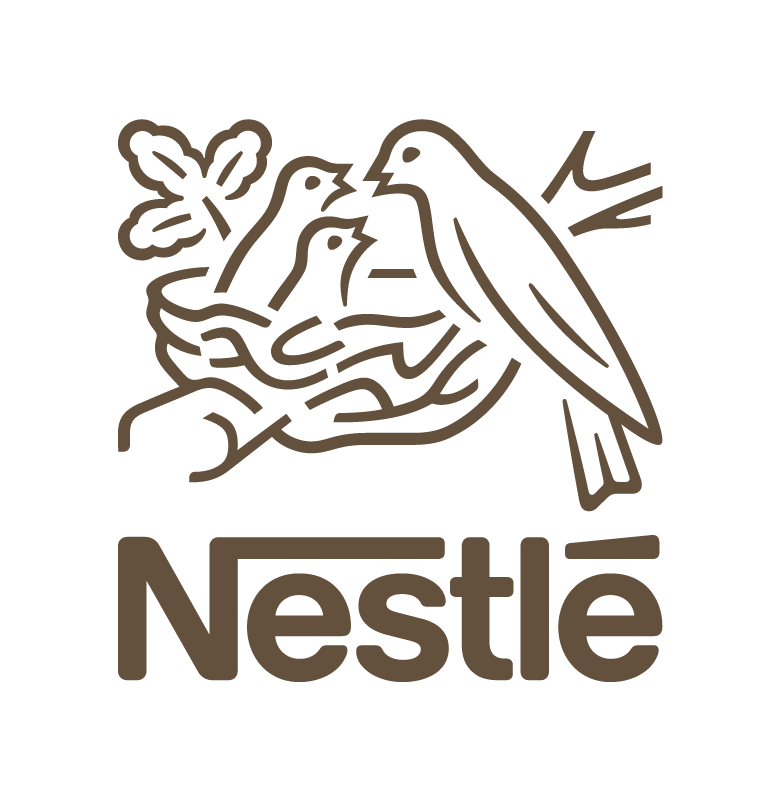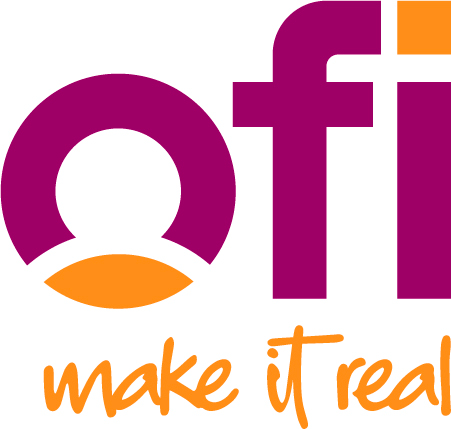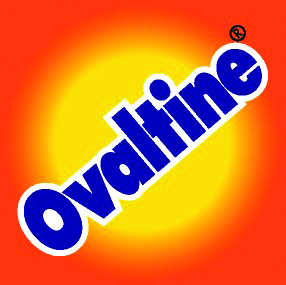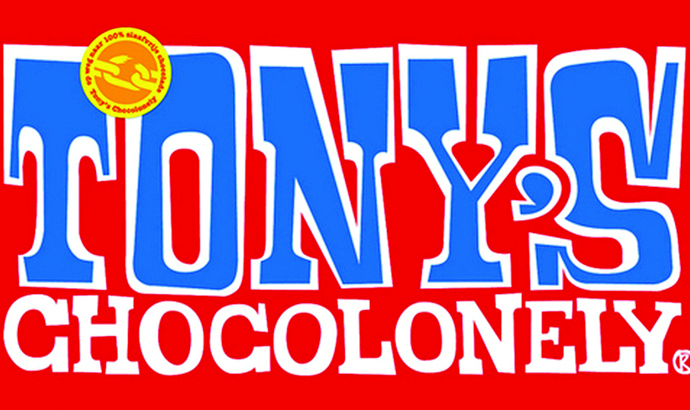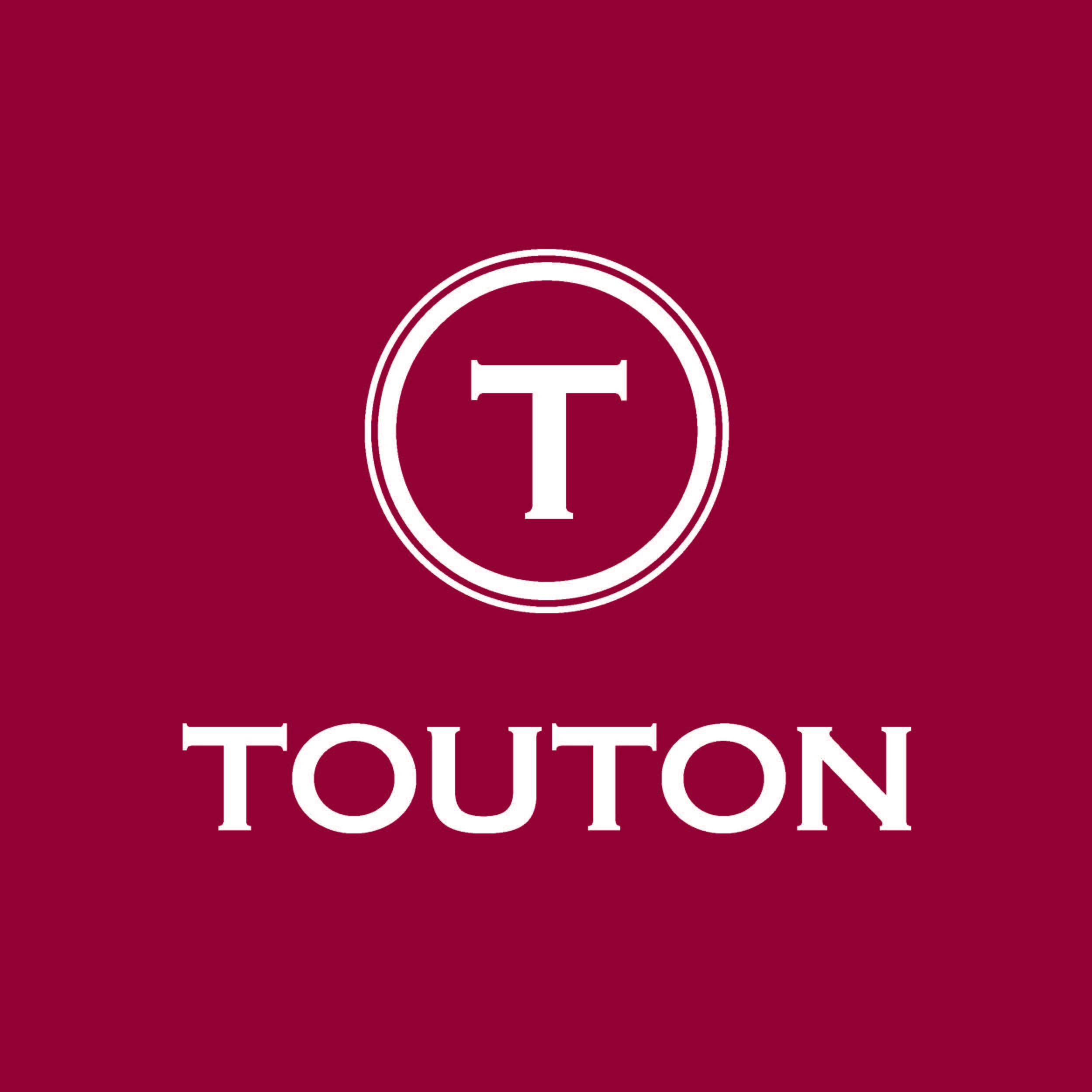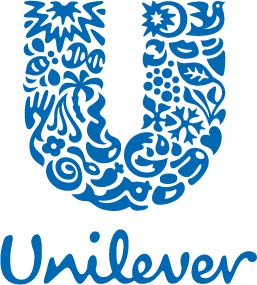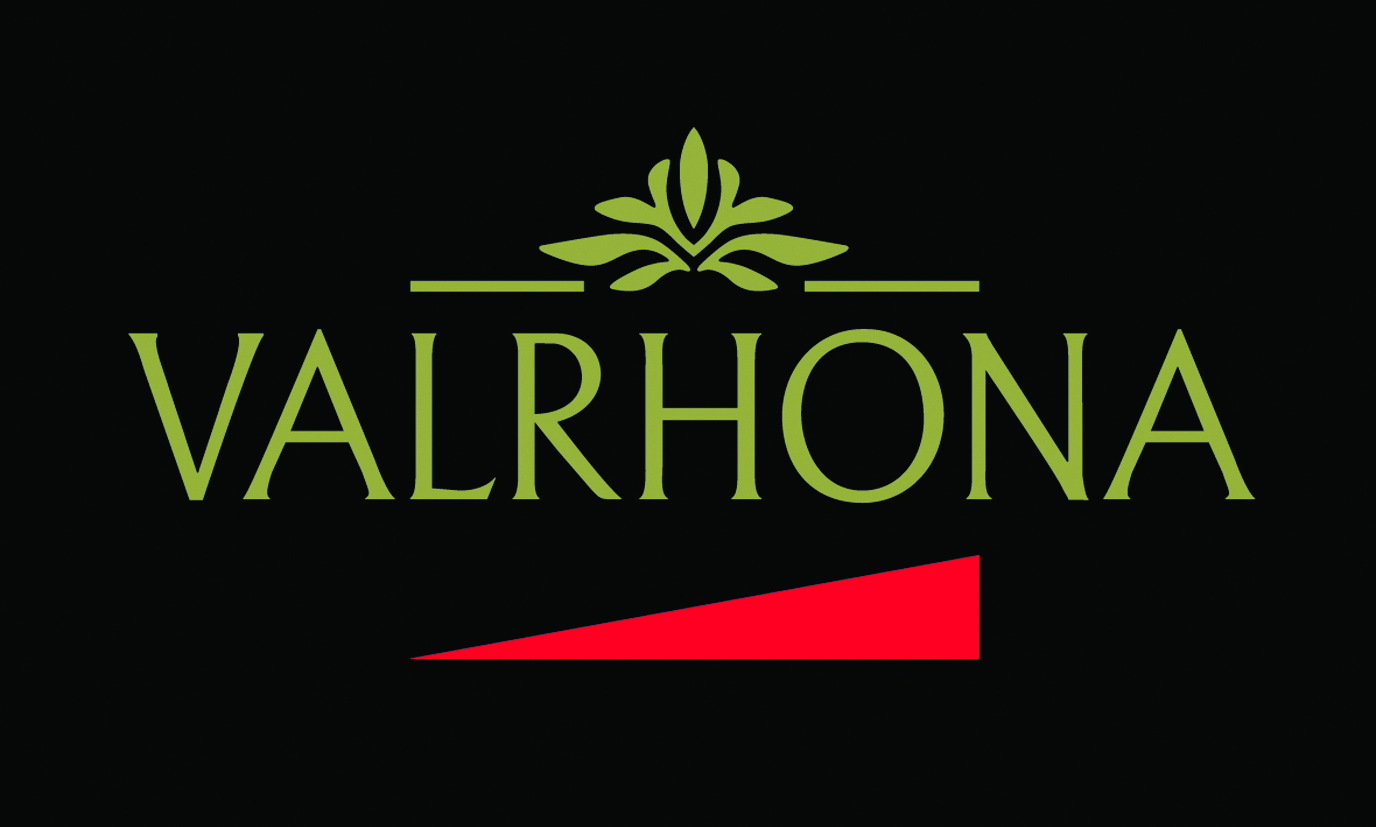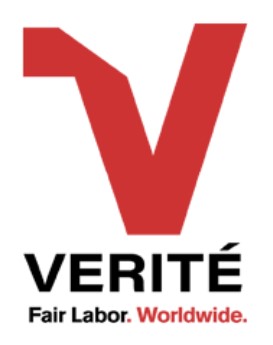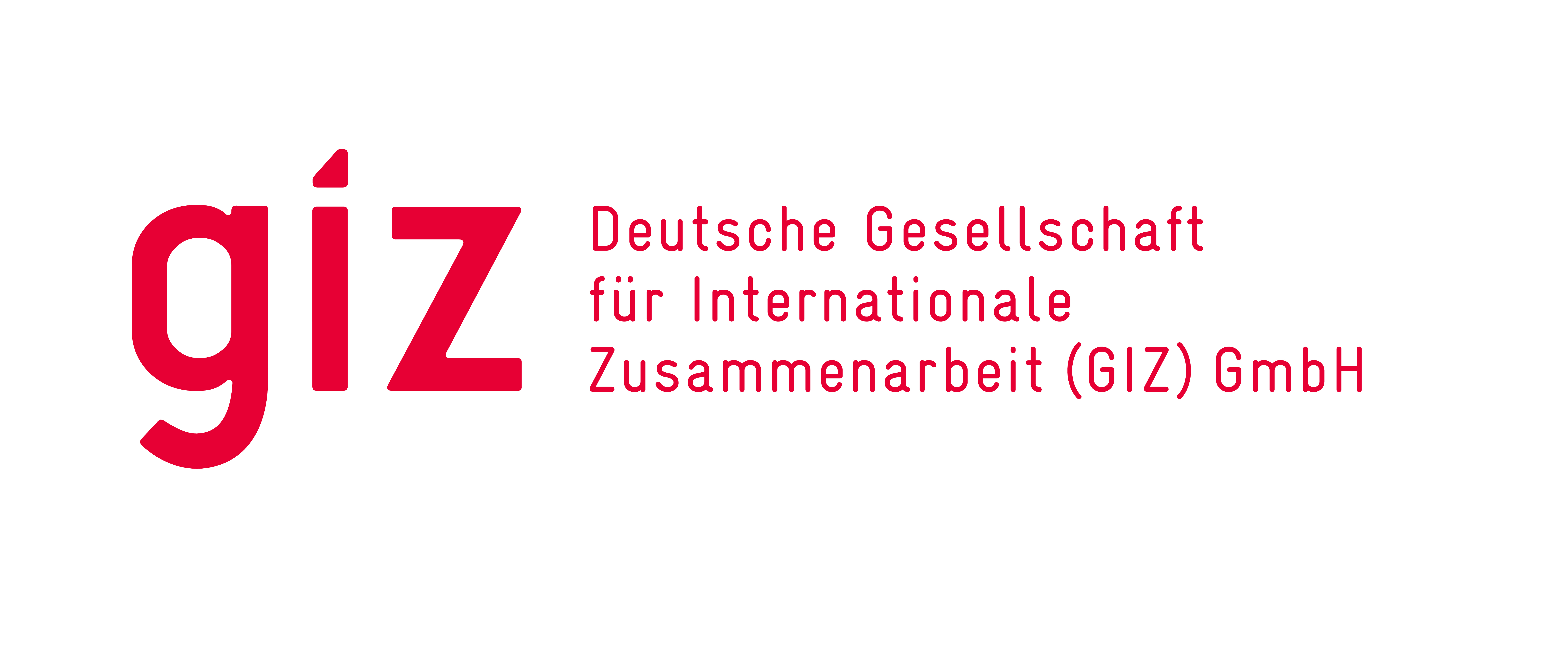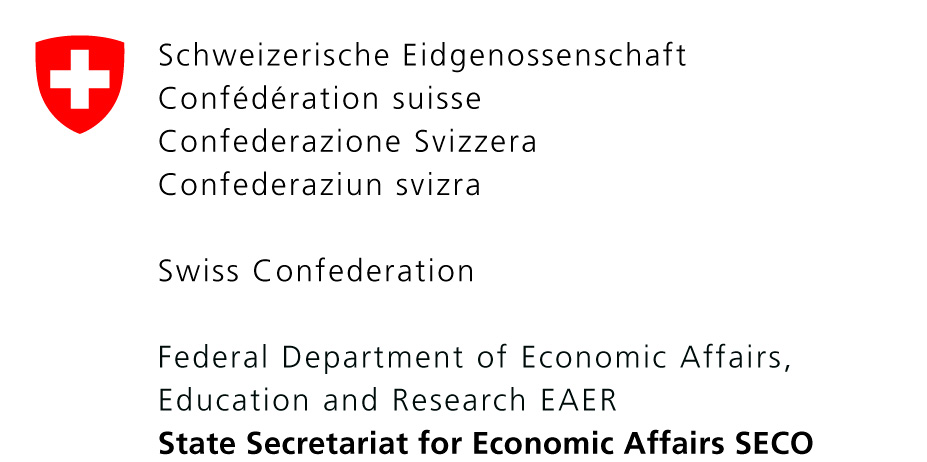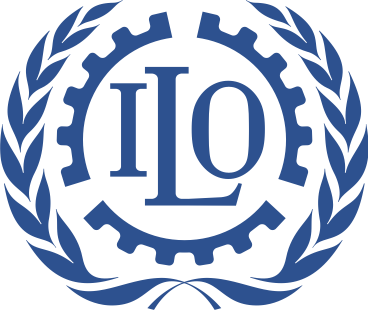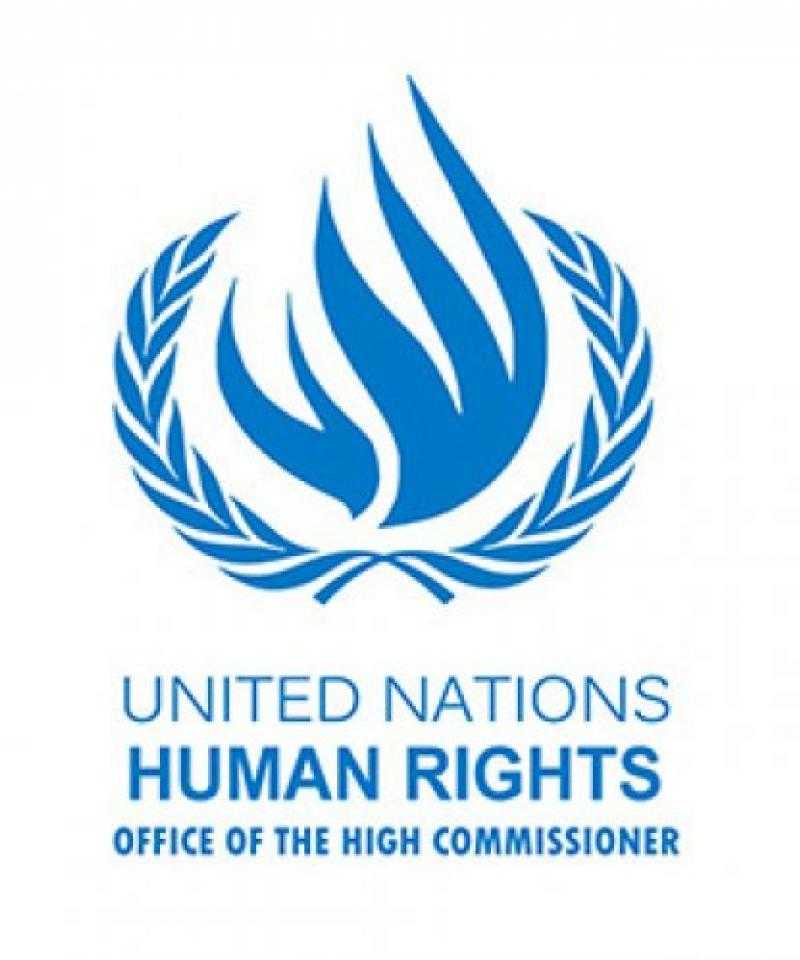In the pipeline
Reflecting on these innovative pilots, many of which are being scaled, we also anticipate the impact of those initiated in 2024. We are optimistic that the projects we are currently testing will make a meaningful difference in cocoa-growing communities.
Protecting children from pesticides
Over the last decade, there appears to be an increase in the use of pesticides in cocoa farming in Côte d'Ivoire and Ghana, which may have contributed to a rise in children's exposure, raising concerns within the sector (NORC, 2020).
While knowledge about pesticides and their risks is generally high, research by ICI identified some important gaps: women and other community members are often excluded from training on pesticides and children often risk exposure off farms, for example through contact with toxic empty containers and used protective equipment, or when chemicals are applied in family vegetable gardens. In 2024, our pilot sought to fill these gaps by providing targeted training to community groups involving women (VSLAs) and to adult labour groups.
Project aim: The goal of this pilot project is to evaluate the effectiveness of these activities in reducing children’s exposure to agrochemicals, make necessary adjustments for improvement, and explore how the approach can be expanded to reach more communities in the future.
According to a study by NORC (2020), the proportion of children exposed to pesticides in cocoa-producing areas in Ghana and Côte d'Ivoire went from 5% to 24% between the 2008/09 and 2018/19 periods.
“We suggested that the first step should be to raise awareness. If parents, who are children's first contacts, are not made aware of the need to protect them, children will always be the victims of bad behaviour.” Participant in pesticides workshop, Cote d’Ivoire
New resources:
- Formative research: A comprehensive study is underway to explore how children are exposed to pesticides, current practices among various stakeholders, and the barriers and opportunities for effective intervention. Findings will be published in a report in 2025.
- Awareness-raising materials: Videos encouraging behaviour change to protect children from pesticide exposure, and a radio campaign are being developed.
- Awareness-raising materials: Videos encouraging behaviour change to protect children from pesticide exposure, and a radio campaign are being developed.
- Working groups: A working group was established in Côte d'Ivoire and a workshop was held in Ghana, bringing together experts from public health, agriculture, child protection, law enforcement, and other key sectors, are supporting the definition of pilot interventions. In collaboration with these national experts, ICI will continue to advocate for systemic solutions, including improved labelling and the safe disposal of empty containers.
